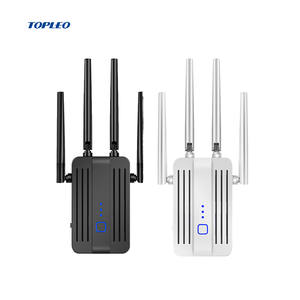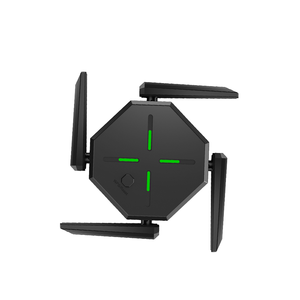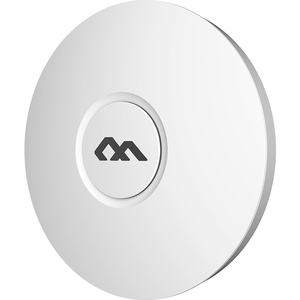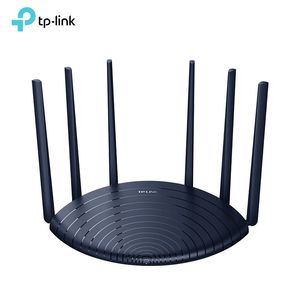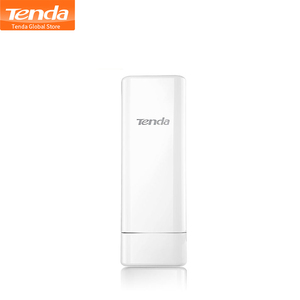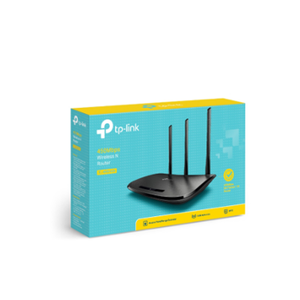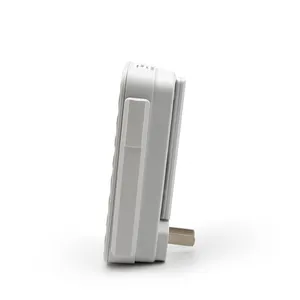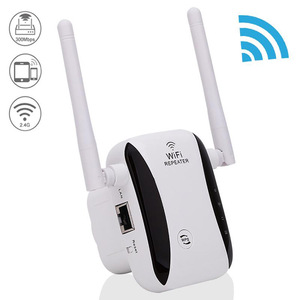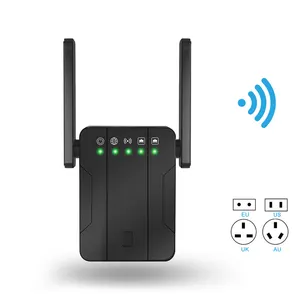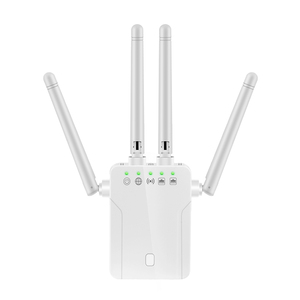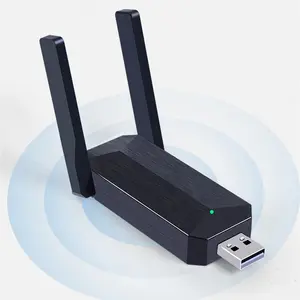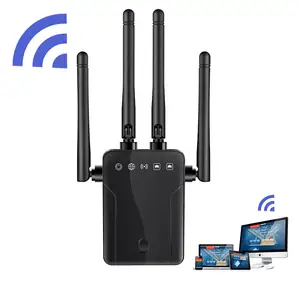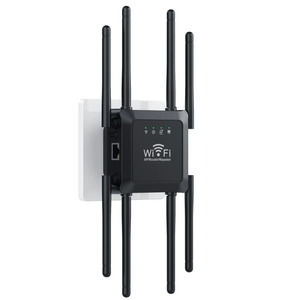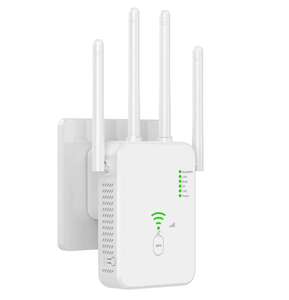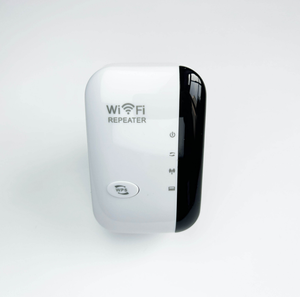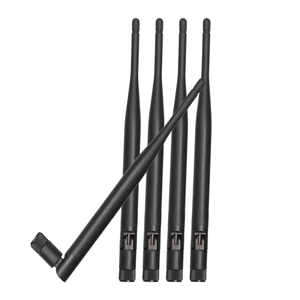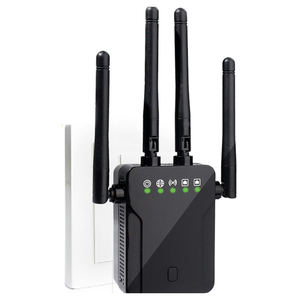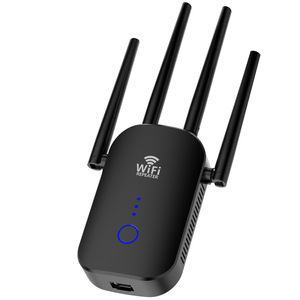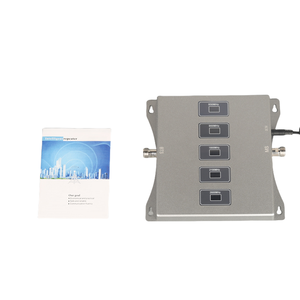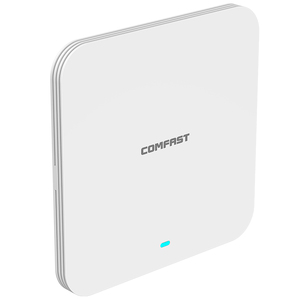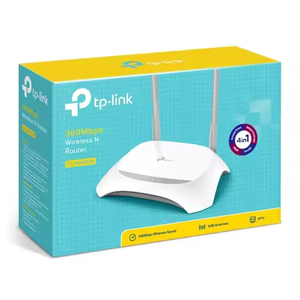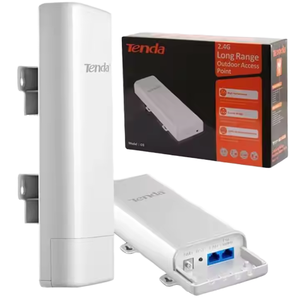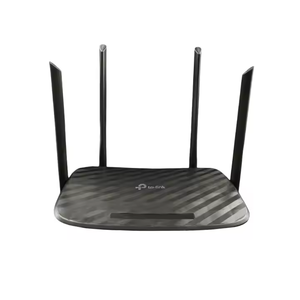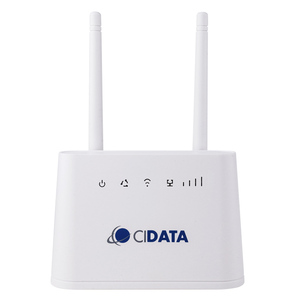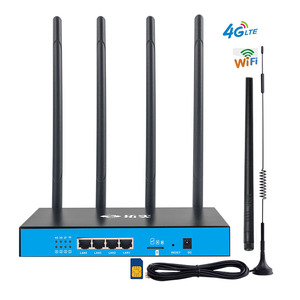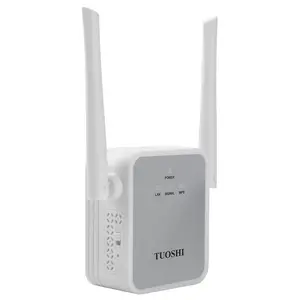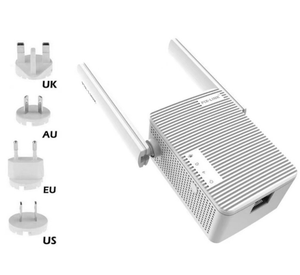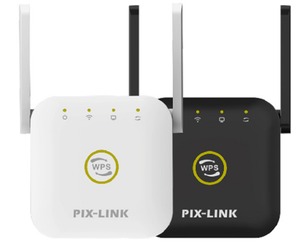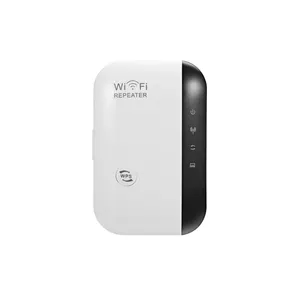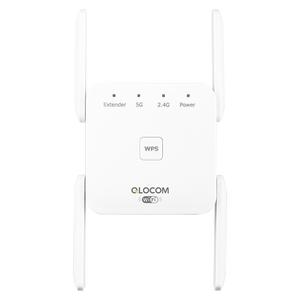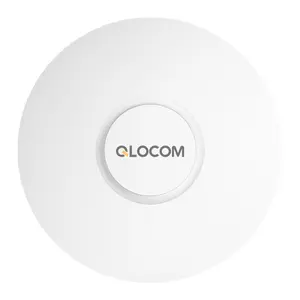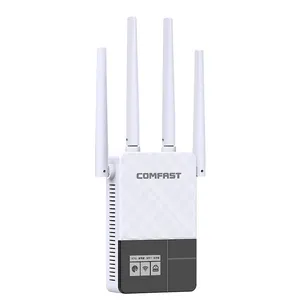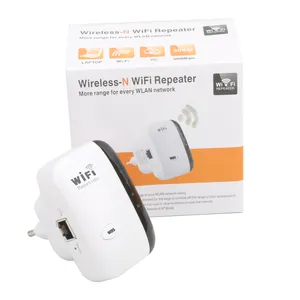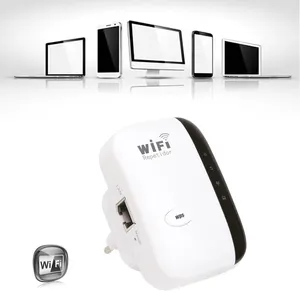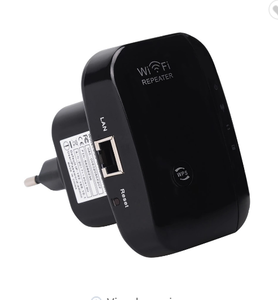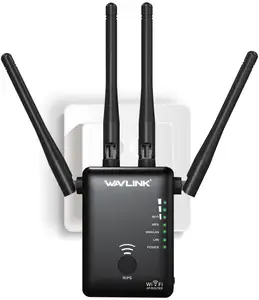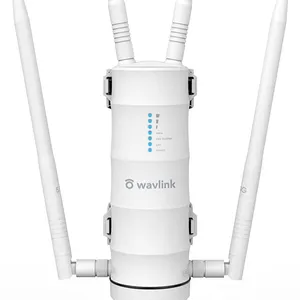Wifi Extender Tp Link






 1/25
1/25






 1/22
1/22

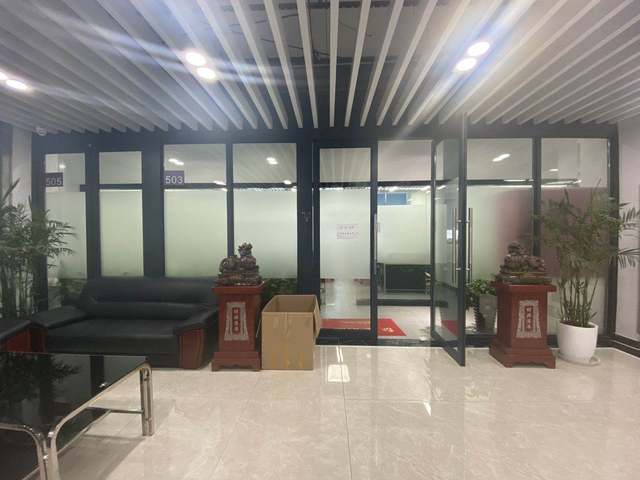

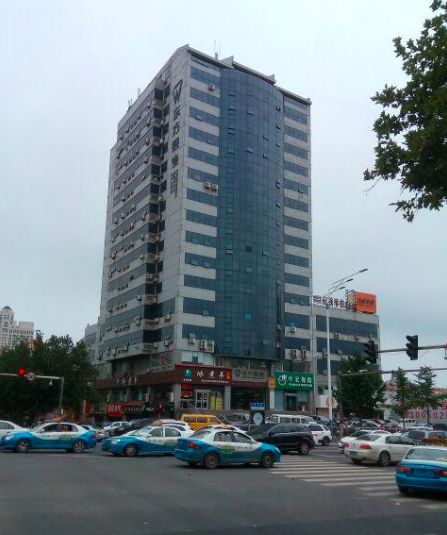

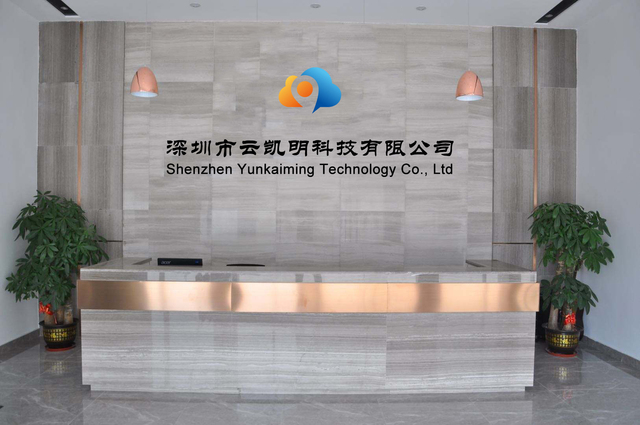













 1/22
1/22




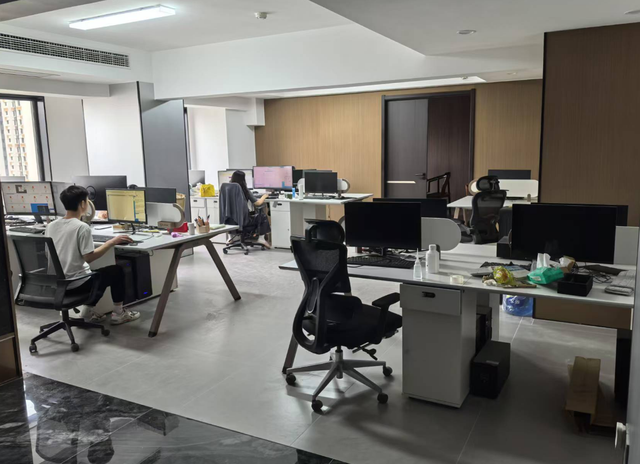



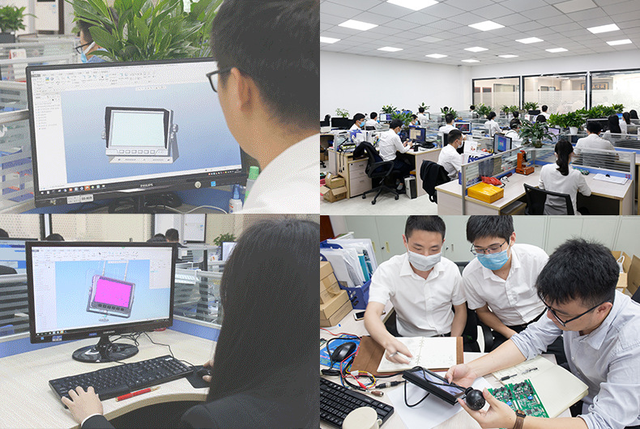




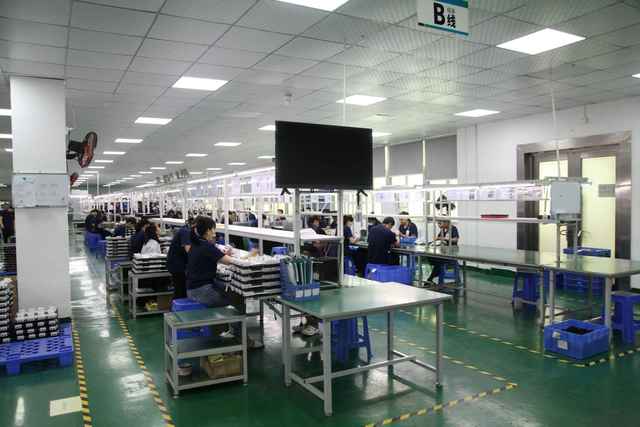







 1/22
1/22

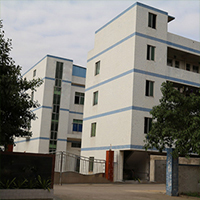





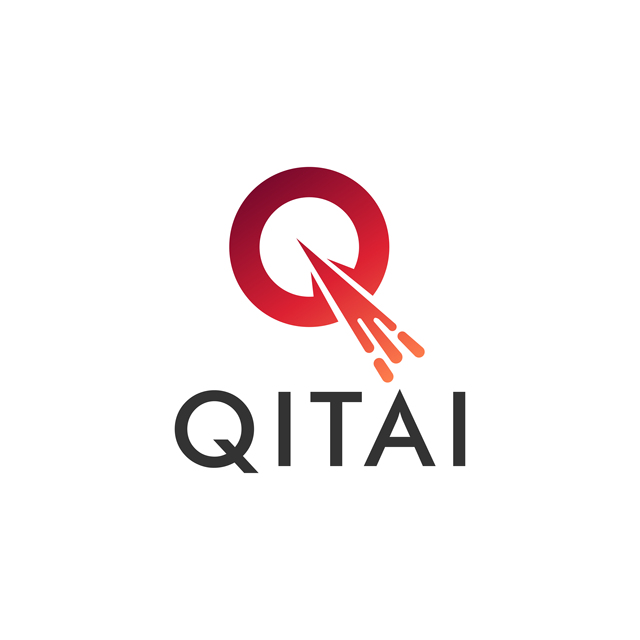
About wifi extender tp link
Where to Find WiFi Extender TP Link Suppliers?
China remains the central hub for wireless networking hardware manufacturing, with Shenzhen and Yiwu serving as primary production clusters for WiFi extenders compatible with TP-Link systems. These regions host vertically integrated supply chains encompassing PCB assembly, RF module integration, and final product testing—enabling rapid prototyping and high-volume output. Shenzhen-based suppliers benefit from proximity to component distributors and firmware development teams, reducing lead times by up to 30% compared to offshore alternatives.
The industrial ecosystem supports both OEM and ODM models, allowing buyers to source standardized range extenders or request modifications in antenna configuration, power output, and enclosure design. Localized access to SMT lines, anechoic chambers for signal testing, and compliance labs ensures consistent quality control across batches. Average production capacity among verified manufacturers ranges from 10,000 to 50,000 units per month, with scalability options for bulk orders exceeding 100,000 pieces.
How to Choose WiFi Extender TP Link Suppliers?
Evaluate potential partners using these critical criteria:
Technical Compliance
Confirm adherence to IEEE 802.11n/ac/ax standards and regional regulatory certifications (FCC, CE, RoHS). For international distribution, verify that devices operate within legal frequency bands (2.4 GHz and/or 5 GHz) and meet SAR emission limits. Request test reports for EMI, thermal performance, and signal stability under load conditions.
Production Capability Audits
Assess infrastructure maturity through verifiable metrics:
- Minimum facility size of 1,000m² with dedicated R&D and QA zones
- In-house capabilities including firmware flashing, dual-band signal calibration, and stress testing
- Monthly output capacity exceeding 10,000 units
Cross-reference on-time delivery rates (target ≥99%) and response time (≤2 hours) as indicators of operational efficiency.
Transaction Safeguards
Prioritize suppliers offering third-party transaction protection and sample validation before full-order commitment. Analyze reorder rates as a proxy for customer satisfaction—rates above 25% indicate reliable product performance and service consistency. Conduct functional testing on received samples, evaluating actual throughput, coverage radius, and compatibility with mainstream router models.
What Are the Best WiFi Extender TP Link Suppliers?
| Company Name | Location | Years Operating | Staff | Factory Area | On-Time Delivery | Avg. Response | Ratings | Reorder Rate |
|---|---|---|---|---|---|---|---|---|
| Shenzhen Topleo Technology Limited | Shenzhen, CN | Data Unavailable | Data Unavailable | Data Unavailable | 99% | ≤2h | Online revenue US $1,100,000+ | <15% |
| Shenzhen Four Seas Global Link Network Technology Co., Ltd. | Shenzhen, CN | Data Unavailable | Data Unavailable | Data Unavailable | 99% | ≤2h | Online revenue US $640,000+ | 27% |
| Yiwu Jujiu Digital Technology Co., Ltd. | Yiwu, CN | Data Unavailable | Data Unavailable | Data Unavailable | 92% | ≤4h | Online revenue US $90,000+ | 16% |
| Yantai Cheng An International Trade Co., Ltd. | Yantai, CN | Data Unavailable | Data Unavailable | Data Unavailable | 100% | ≤3h | Online revenue US $7,000+ | Not Available |
| Shenzhen Yunkaiming Technology Co., Ltd. | Shenzhen, CN | Data Unavailable | Data Unavailable | Data Unavailable | 99% | ≤7h | Online revenue US $500,000+ | 22% |
Performance Analysis
Shenzhen-based manufacturers dominate responsiveness and order reliability, with three out of five top suppliers achieving 99%+ on-time delivery and sub-2-hour average response times. Shenzhen Four Seas Global Link stands out with a 27% reorder rate, indicating strong market acceptance of its portable mini-extender designs. While Yantai Cheng An reports perfect delivery performance, its lower online revenue and lack of reorder data suggest limited transaction volume. Suppliers like Shenzhen Topleo offer extensive customization—including color, plug type, logo branding, and packaging—making them suitable for private-label procurement. Buyers seeking cost-effective entry-level models may consider Yunkaiming’s sub-$5 offerings, though firmware compatibility should be validated during sampling.
FAQs
How to verify WiFi extender supplier reliability?
Cross-check self-reported certifications with independent platforms. Request evidence of compliance testing for radio frequency emissions and electrical safety. Evaluate supplier credibility through transaction history, customer reviews focusing on post-sale support, and consistency in product specifications across listings.
What is the typical sampling timeline?
Standard sample processing takes 5–10 days, depending on customization level. Shipping via express courier adds 3–7 days for international delivery. Expect longer timelines (15–20 days) for units requiring firmware adjustments or custom enclosures.
Can suppliers customize WiFi extenders for specific markets?
Yes, leading manufacturers support voltage-specific power adapters, region-coded plug types (e.g., EU, UK, AU), and multilingual packaging. Advanced customization includes preloaded firmware for ISP partnerships, AP/mesh mode configuration, and bandwidth throttling controls.
Do suppliers offer free samples?
Sample policies vary: some suppliers provide paid samples refundable against future orders, while others charge full cost for low-MOQ trials. Free samples are typically reserved for qualified buyers committing to minimum order quantities exceeding 500 units.
What are common MOQ and pricing structures?
MOQs range from 1 piece (for premium models) to 50–100 pieces for budget variants. Unit prices span $2.99–$65 depending on specs, with dual-band, high-gain antenna models commanding higher premiums. Volume discounts apply incrementally beyond 1,000 units.

